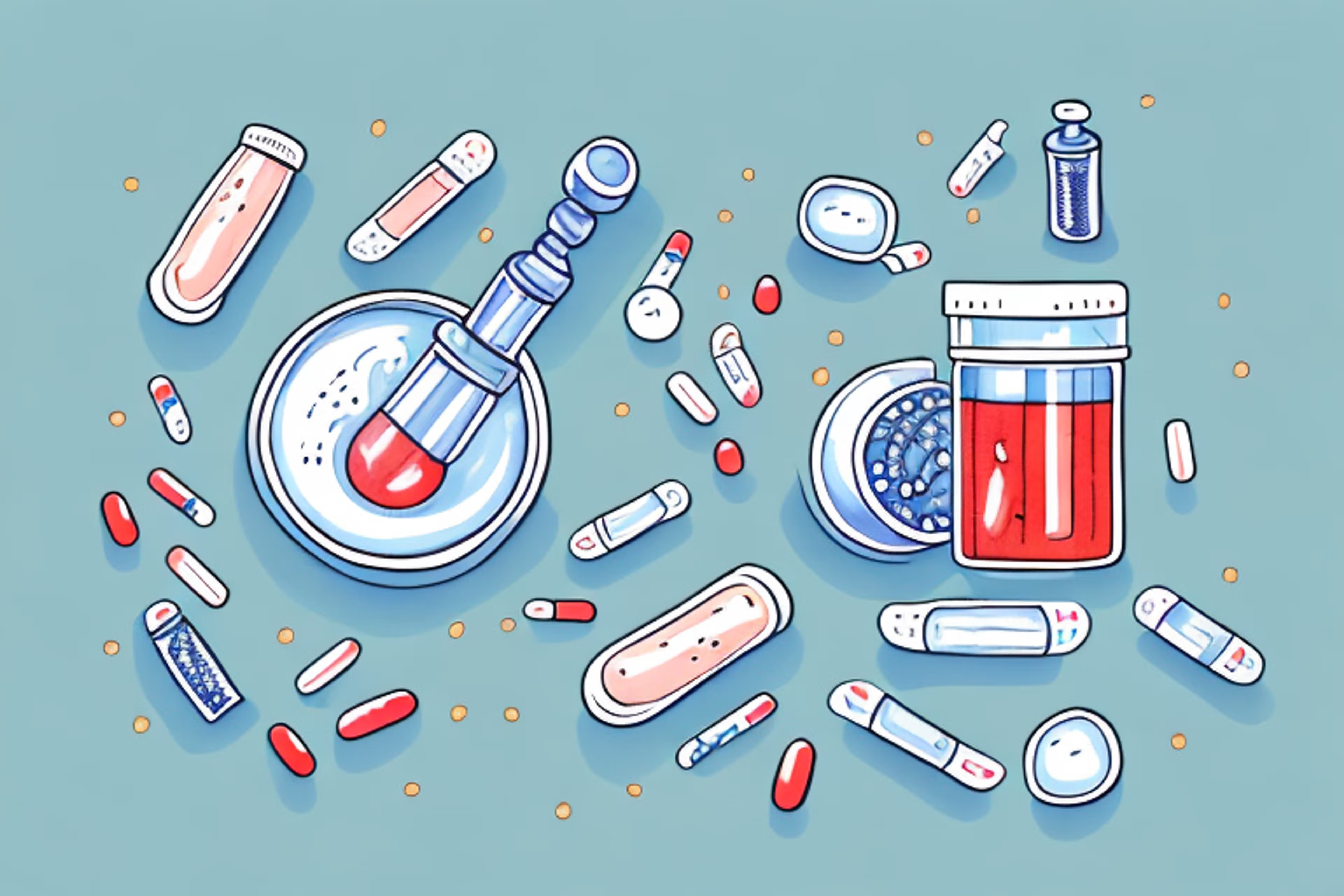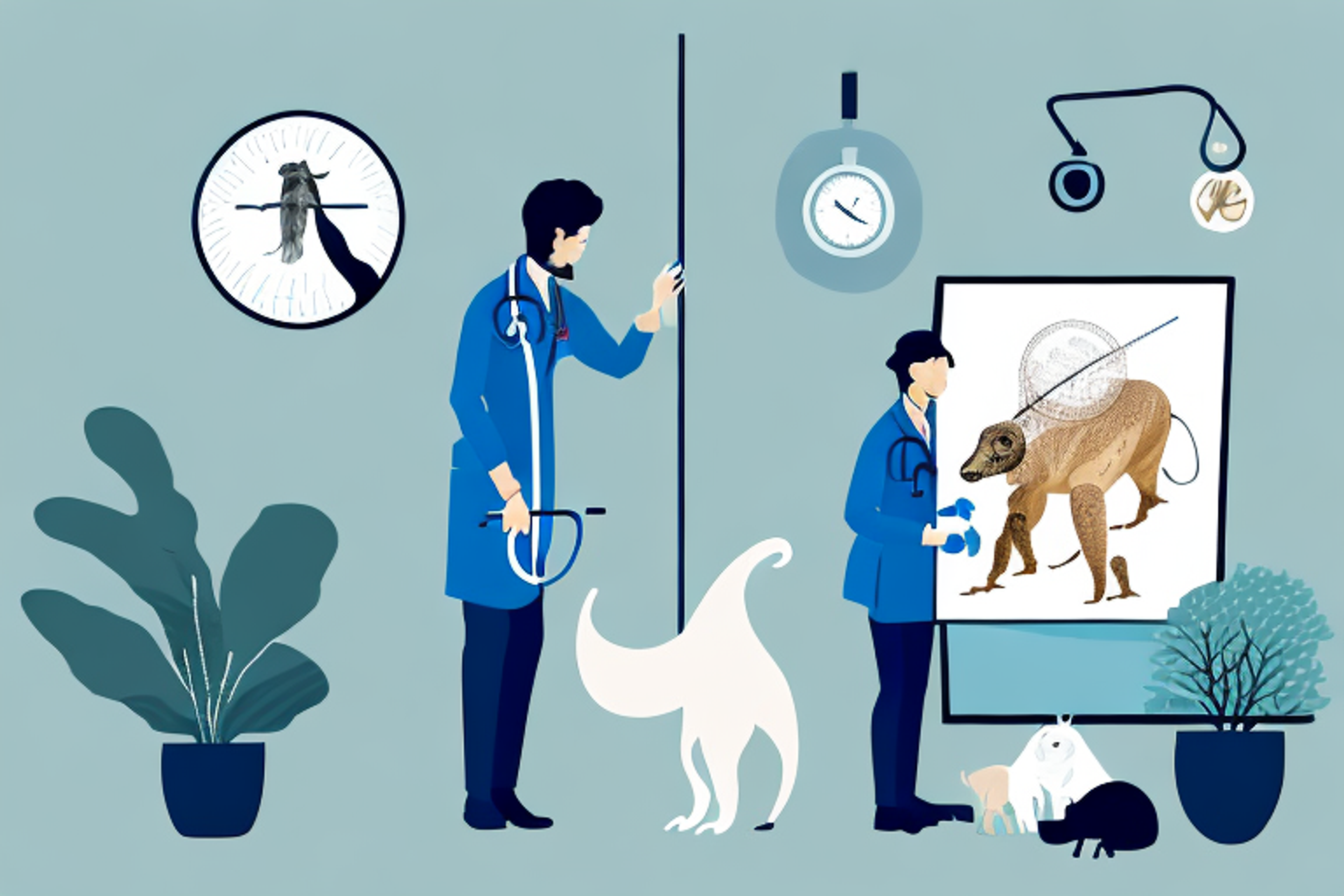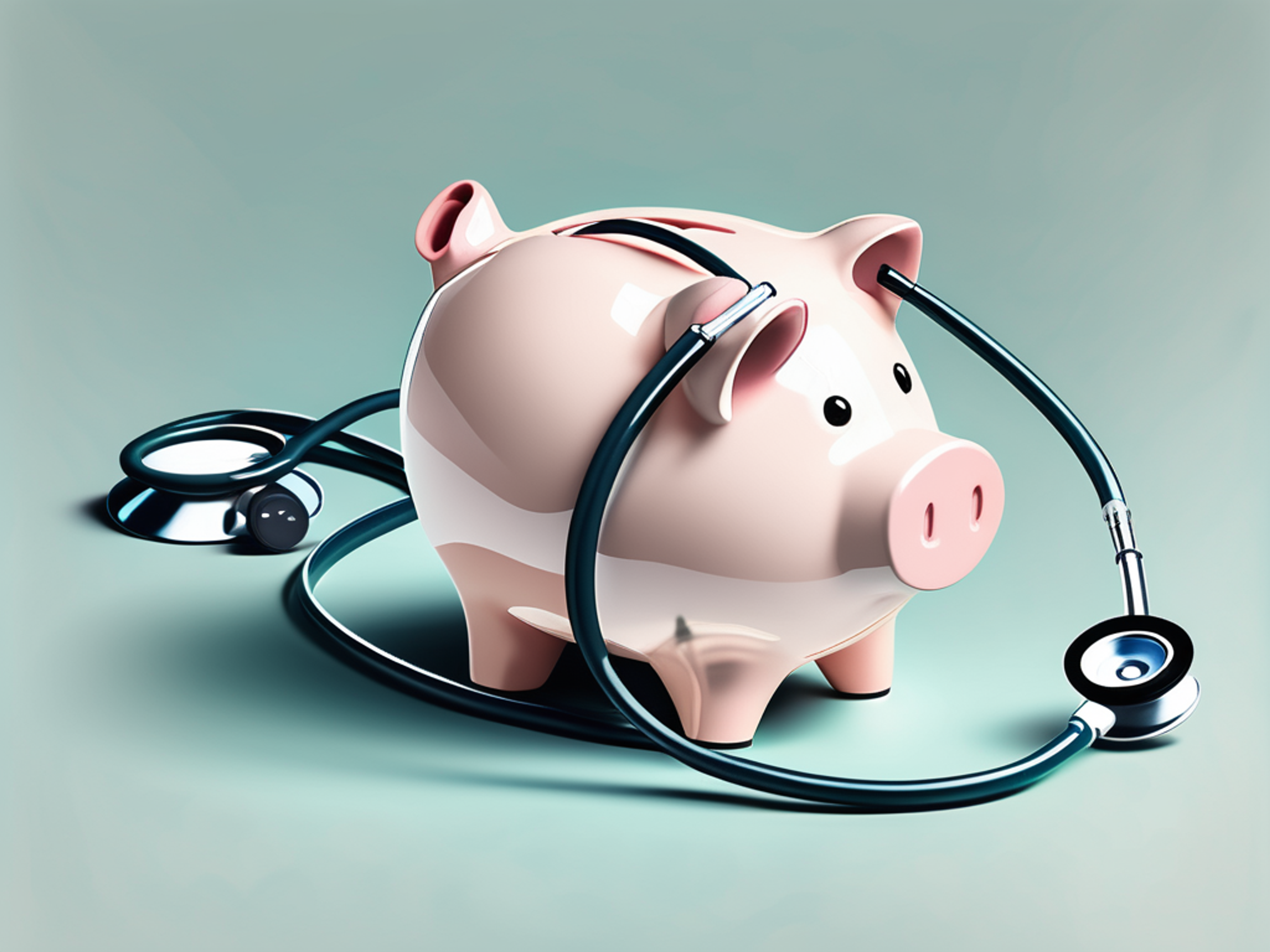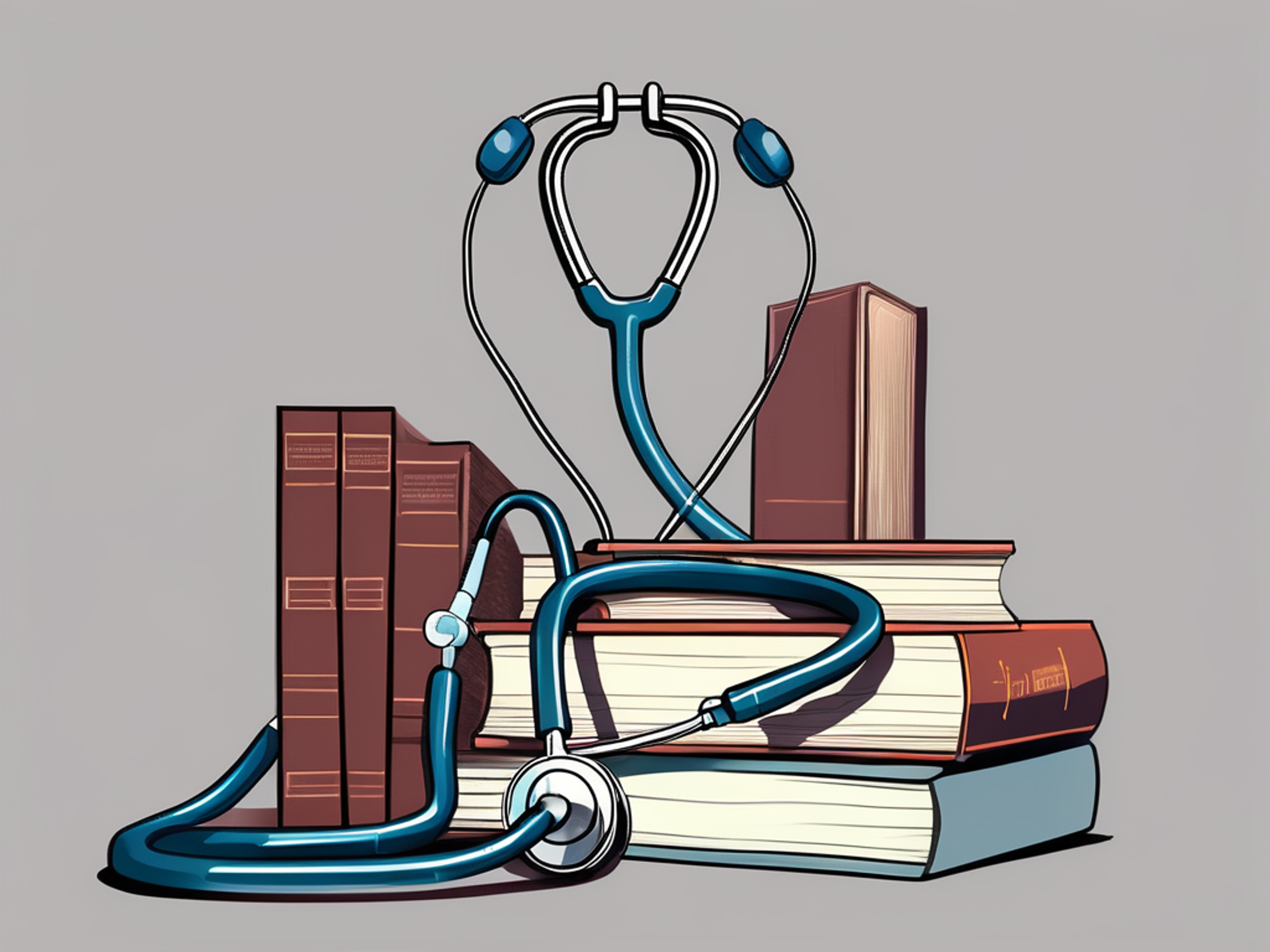How to Become a Pharmacist: Education, Licensing, and Career Options
Discover the steps to becoming a pharmacist in this comprehensive guide.
Posted April 3, 2025

Table of Contents
Free Event

Featuring Jaspreet K.
Ask Me Anything: Medical School Applications
Starting Friday, April 25
12:00 AM UTC · 30 minutes

Featuring Jaspreet K.
Are you interested in pursuing a career in pharmacy? If so, it’s essential to understand the education, licensing, and career options available to you. This guide will provide you with all the information you need to know to become a pharmacist, including why pharmacy is a rewarding career path, the educational requirements, best colleges and universities for pharmacy degrees, how to choose the right program, tips for preparing to apply to pharmacy school, licensing requirements, what to expect during the pharmacy curriculum, specializations within the field, top skills and qualities needed to succeed as a pharmacist, finding a job after graduation, the future of the pharmaceutical industry, and challenges facing pharmacists today. By the end of this article, you’ll have a comprehensive understanding of what it takes to become a successful pharmacist, and you’ll be better prepared to make the right choices for your future career.
Why Consider a Career in Pharmacy?
Pharmacy is an excellent career choice for those who enjoy working in healthcare and science. Many pharmacists find their work rewarding because they help patients manage their medication and improve their health outcomes. Pharmacists are also highly respected members of the healthcare team, collaborating with physicians, nurses, and other healthcare providers to deliver the best care possible. Pharmacists also work in a variety of settings, from community pharmacies to hospitals to research labs, giving them diverse career options. Additionally, the field of pharmacy is continually evolving, which means that job opportunities are abundant, and there are always opportunities for growth and advancement.
Moreover, pharmacists play a crucial role in public health by ensuring the safe and effective use of medications. They are responsible for verifying prescriptions, checking for potential drug interactions, and counseling patients on how to take their medications properly. Pharmacists also work to prevent medication errors and reduce the risk of adverse drug reactions. With the increasing demand for healthcare services, the need for pharmacists is expected to grow, making it a stable and secure career choice.
Educational Requirements for Becoming a Pharmacist
If you’re interested in becoming a pharmacist, you’ll need to complete specific educational requirements. First, you’ll need to obtain a Bachelor's degree, typically in a science-related field such as chemistry or biology. After completing your Bachelor’s degree, you’ll need to enroll in a Doctor of Pharmacy (PharmD) program. PharmD programs usually take four years to complete and include coursework in topics such as pharmacology, pharmacy law, and patient care. The final year of the PharmD program typically involves rotations in clinical settings, providing hands-on experience in different areas of pharmacy practice.
After completing the PharmD program, aspiring pharmacists must also pass two exams to become licensed. The first exam is the North American Pharmacist Licensure Examination (NAPLEX), which tests the candidate’s knowledge of pharmacy practice. The second exam is the Multistate Pharmacy Jurisprudence Examination (MPJE), which tests the candidate’s knowledge of pharmacy law and regulations specific to the state in which they wish to practice. Once licensed, pharmacists must also complete continuing education courses to stay up-to-date on the latest developments in the field.
Best Colleges and Universities for Pharmacy Degrees
The top pharmacy schools in the United States include the University of North Carolina at Chapel Hill, the University of California at San Francisco, and the University of Minnesota. These colleges offer Pharmacy programs that are accredited by the Accreditation Council for Pharmacy Education (ACPE). It’s essential to attend an accredited college or university to ensure that your degree will be recognized by employers and eligible for licensing.
Aside from the top pharmacy schools mentioned above, there are other notable colleges and universities that offer excellent Pharmacy programs. These include the University of Michigan, Purdue University, and the University of Texas at Austin. Each of these schools has a strong reputation for producing highly skilled and knowledgeable pharmacists who are in high demand in the job market. When considering which school to attend, it's important to research the curriculum, faculty, and opportunities for hands-on experience to ensure that you receive the best education possible.
How to Choose the Right Pharmacy Program for You
Before deciding on a pharmacy program, it's essential to consider factors such as location, cost, curriculum, and faculty. Researching potential schools online and attending campus visits can help you get a better sense of what each program offers, allowing you to make an informed decision about the best program for you.
Another important factor to consider when choosing a pharmacy program is the availability of hands-on experience. Look for programs that offer internships, rotations, or other opportunities to gain practical experience in a variety of pharmacy settings. This can help you develop the skills and knowledge needed to succeed in your future career as a pharmacist.
Tips for Preparing to Apply to Pharmacy School
Applying to pharmacy school can be a competitive process, so it’s essential to prepare early. One important step is to study for the Pharmacy College Admissions Test (PCAT), which is a standardized exam that many pharmacy schools require for admission. Other tips for preparing to apply to pharmacy school include gaining hands-on experience in a pharmacy setting, obtaining strong letters of recommendation, and researching financial aid options.
Understanding the PCAT Exam and How to Prepare for It
The Pharmacy College Admissions Test (PCAT) is a standardized exam that measures aptitude and academic skills required for success in pharmacy school. The exam consists of five sections, including verbal ability, biology, chemistry, reading comprehension, and quantitative reasoning. To prepare for the PCAT, you should review the content covered in each section, take practice exams, and identify your strengths and weaknesses.
Licensing Requirements for Pharmacists
Pharmacists must obtain licensure to practice in their state of residence. The requirements for licensure vary by state but typically include completing a Doctor of Pharmacy program, passing the North American Pharmacist Licensure Examination (NAPLEX), and passing a state-specific exam. Some states also require pharmacists to complete continuing education courses to maintain their license.
What to Expect from the Pharmacy Curriculum: Courses and Clinical Rotations
The pharmacy curriculum includes a mix of didactic coursework and clinical rotations. Didactic coursework covers essential topics such as pharmacology, pharmacokinetics, drug delivery systems, and patient care. The final year of the PharmD program is typically dedicated to clinical rotations, where students gain hands-on experience in areas such as community pharmacy, hospital pharmacy, and ambulatory care.
Specializations Within the Pharmacy Field: Which One is Right for You?
The field of pharmacy offers several areas of specialization, including Oncology, Pediatrics, Critical Care, Cardiology, and Infectious Disease. Choosing the right specialty depends on your interests, strengths, and career goals. For example, if you enjoy working with children, then a specialization in Pediatrics may be right for you.
Top Skills and Qualities Needed to Succeed as a Pharmacist
To succeed as a pharmacist, you’ll need to possess strong communication, critical thinking, and problem-solving skills. You’ll also need to have excellent attention to detail and the ability to work well under pressure. Other important qualities include empathy, compassion, and a commitment to lifelong learning.
Tips for Finding a Job as a Pharmacist After Graduation
After graduating from pharmacy school, you’ll need to start job hunting. One way to find job opportunities is to network with other pharmacists, attend career fairs, and search job boards specifically designed for pharmacists. It’s also essential to ensure that your resume and cover letter are polished and highlight your skills and experience.
The Future of the Pharmaceutical Industry: Trends and Opportunities
The pharmaceutical industry is continually evolving, with new drugs, technologies, and treatments being developed regularly. There are also opportunities for pharmacists to work in areas such as research and development, drug manufacturing, and patient care. The future of the pharmaceutical industry looks bright, with a projected 9% job growth rate for pharmacists from 2019 to 2029.
Challenges Facing Pharmacists Today: How to Overcome Them
Challenges facing pharmacists today include medication non-adherence, increasing healthcare costs, and increasing demand for pharmacists due to an aging population. To overcome these challenges, pharmacists need to embrace new technologies and innovations to better serve their patients. It’s also important to advocate for the profession and work collaboratively with other healthcare providers to improve patient outcomes.
Success Stories of Pharmacists Who Have Made Their Mark in the Industry
There are many pharmacists who have made significant contributions to the field of pharmacy. For example, Eugene M. O'Neil founded the first hospital pharmacy residency program in 1962, while Mary Munson Runge was the first woman to receive a Doctor of Pharmacy degree in 1952. Other successful pharmacists include Bruce Canaday, who founded the Clinical Pharmacy Practice Residency Program at the University of Illinois at Chicago, and Paul Abrams, who helped develop the technology behind the first long-acting insulin analog.
Conclusion
In conclusion, becoming a pharmacist requires dedication, hard work, and a willingness to embrace new technologies and innovations. However, it’s a rewarding career that offers numerous career paths and opportunities for growth and advancement. By following the educational requirements, preparing early for the PCAT exam, and networking within the pharmacy community, you’ll be better prepared to land a job after graduation and embark on a successful career in pharmacy.











